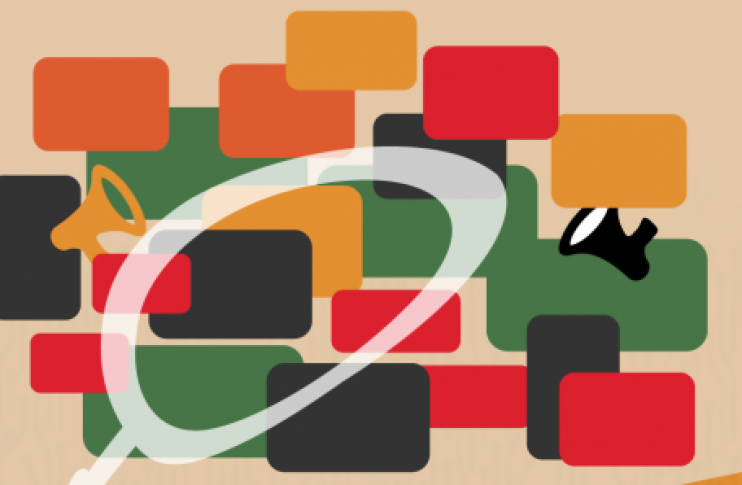
50th session of the Human Rights Council
13 June 2022 to 08 July 2022
High-level discussion on countering the negative impact of disinformation on the enjoyment of human rights
(HRC Resolution 49/21)
28 June 2022
Oral statement submitted by the Association for Progressive Communications (APC)
The Association for Progressive Communications welcomes the opportunity to engage in this high-level discussion. As many of those responsible for the organisation of this session, we are concerned with the threats to human rights posed by disinformation.
APC understands disinformation as a multifaceted, global and complex issue that can rather be understood as a symptom of much broader information disorders and deeper structural problems.
Research has shown that disinformation campaigns particularly target women and gender-diverse individuals, marginalised groups, and human rights and environmental activists.
APC is particularly concerned with gendered disinformation that targets not only women, but also feminist struggles and gendered discourse, and is used to silence women, push them to self-censorship, and restrict their civic space.
APC observes that the situation is even more striking from an intersectionality lens: female political leaders and activists from racial, ethnic, religious or other minority groups are targeted far more often than their white colleagues.
For APC, gendered disinformation should be considered as a different phenomenon, separate from gender-based violence online and from disinformation more broadly, since it requires specific monitoring and specific solutions.
As for such solutions, APC is concerned with the trend observed worldwide of responding to disinformation with vague, overly broad and straightforward restrictive legislation, many examples of which make extensive use of criminal provisions.
For APC, renewed efforts should be made to collect and study community-based responses to disinformation, especially those focusing on community narratives and counter-discourse, promoting storytelling and the improved exercise of communication rights and tools by marginalised communities.
As expressed by the Special Rapporteur on freedom of expression in her 2021 report on this issue, “The right to freedom of opinion and expression is not part of the problem, it is the objective and the means for combating disinformation.”